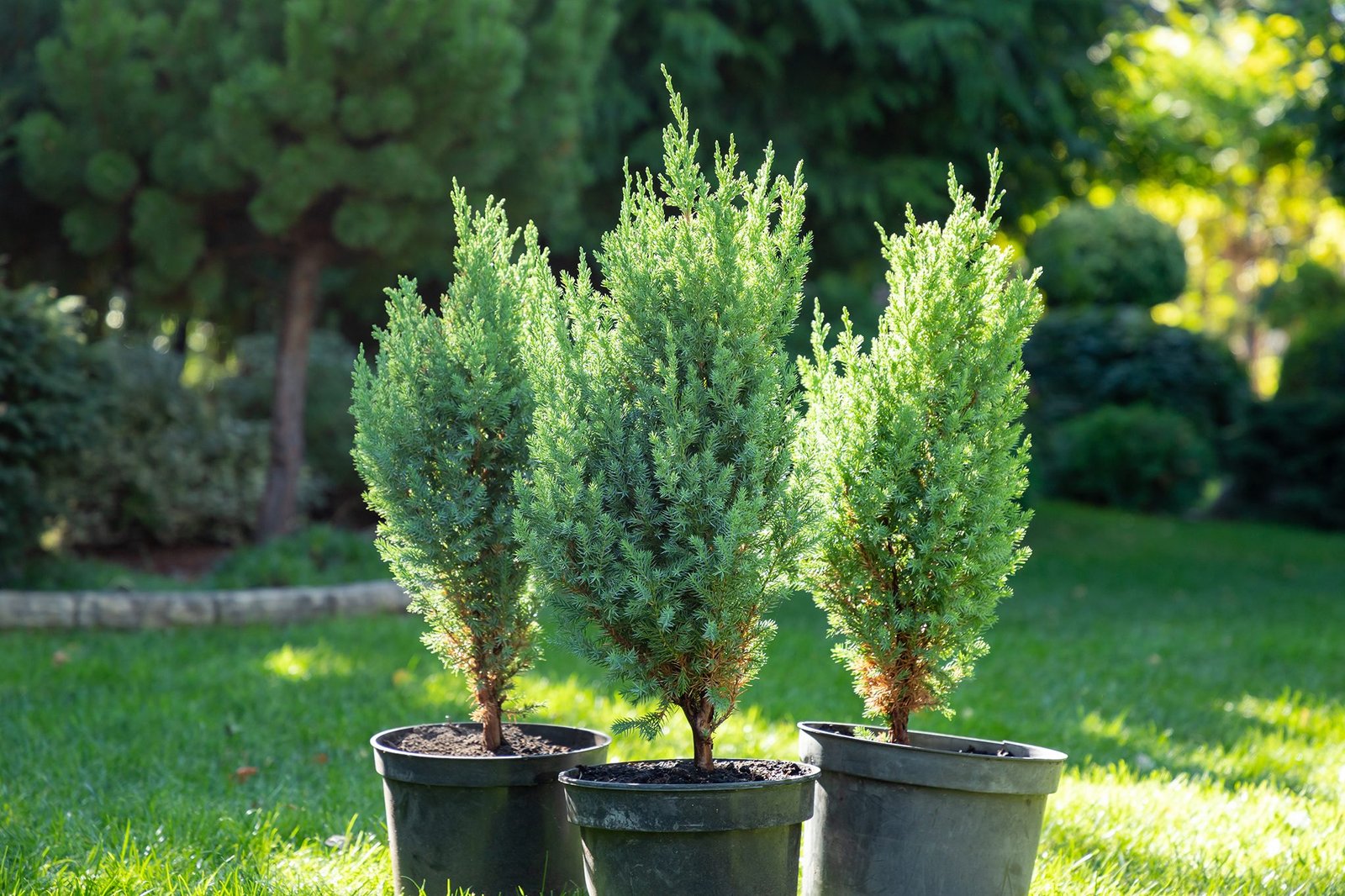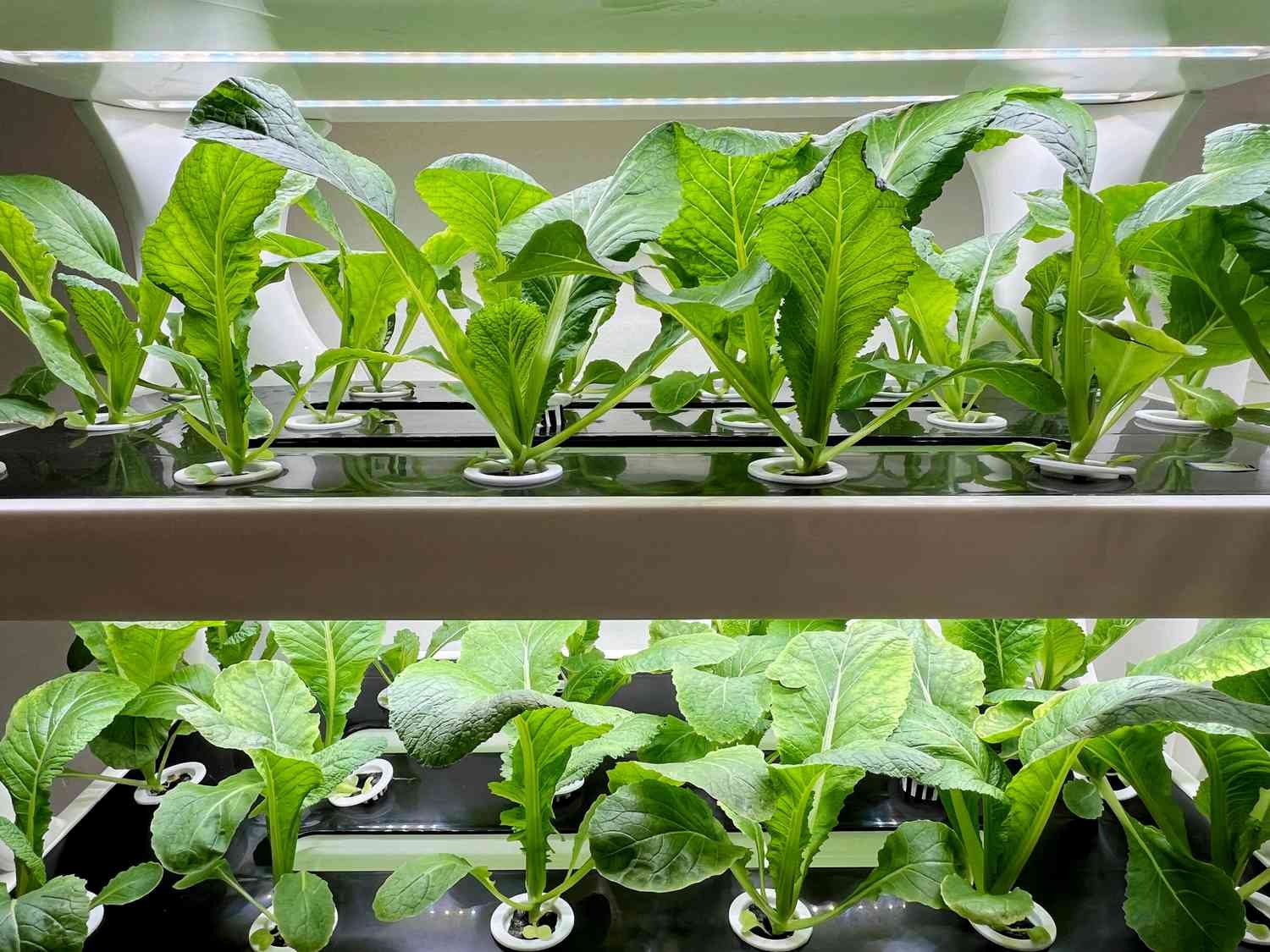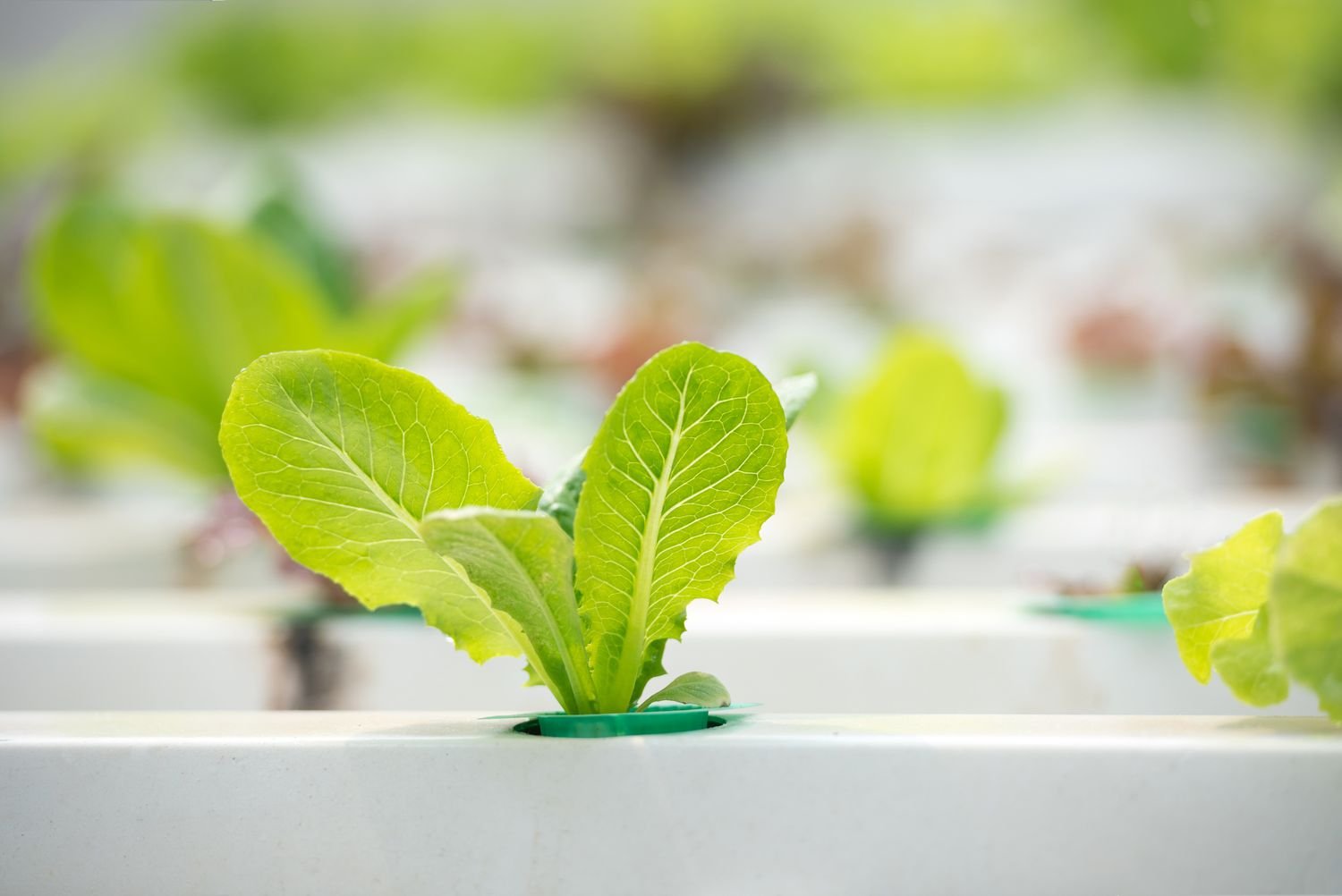Small juniper plants are perfect for gardens and landscapes. They add beauty and are easy to care for.
These plants are versatile, thriving in various climates and soil types. Perfect for both novice and experienced gardeners, small junipers offer a touch of evergreen elegance throughout the year. Their compact size makes them ideal for small spaces, while their hardy nature ensures they withstand tough conditions.
Whether used as ground cover, in rock gardens, or as standalone features, these plants bring unique charm. Discover how small juniper plants can transform your garden, offering a blend of color, texture, and resilience. Dive into the world of junipers and explore their benefits, care tips, and design ideas that can enhance any outdoor space.
Introduction To Juniper Plants
Juniper plants are a delightful addition to any garden. Known for their hardy nature and attractive appearance, they can transform your outdoor space into a serene retreat. If you’re looking to enhance your garden with plants that are both beautiful and easy to maintain, junipers might just be the answer.
Why Choose Junipers?
Junipers offer several benefits that make them a favorite among gardeners. First, they are incredibly versatile. Whether you’re planting in a sunny spot or a shaded corner, junipers adapt well to various environments.
They require minimal care, making them ideal for busy lifestyles. You won’t need to worry about constant watering or pruning. Plus, their evergreen nature ensures your garden remains vibrant all year round.
Consider the aesthetic appeal too. Junipers come in various shapes and sizes, allowing you to create stunning visual contrasts and textures. What’s not to love?
Juniper Varieties For Gardens
When selecting junipers for your garden, variety matters. The Blue Star juniper, with its silvery-blue foliage, is perfect for adding a splash of color. It stays compact, making it great for small spaces.
For a dramatic effect, the Skyrocket juniper stands tall and elegant. It can act as a natural screen or a focal point in your garden design. Imagine the compliments from neighbors admiring your unique landscape.
Don’t overlook the creeping juniper, ideal for ground cover. It spreads beautifully, preventing weeds and adding a lush carpet-like appearance. Which variety will you choose to elevate your garden’s beauty?
Benefits Of Small Juniper Plants
Small juniper plants offer a compact solution for garden spaces, adding vibrant greenery with minimal maintenance. Their resilience to harsh weather makes them ideal for diverse climates, providing year-round visual interest. Enhance landscapes effortlessly with these versatile shrubs that require little care and thrive in various soil types.
When considering a touch of greenery for your garden or patio, small juniper plants offer a variety of benefits. These resilient plants can transform your outdoor space with minimal effort. They bring not only aesthetic value but also practical advantages that can make your gardening experience enjoyable and stress-free.Low Maintenance
Small juniper plants are the epitome of easy-care gardening. They thrive in various soil types and require little water once established. This makes them perfect for those who may forget to water their plants regularly. Their natural resistance to pests and diseases means you won’t spend weekends worrying about plant health. Junipers are also forgiving if you lack a green thumb. With them, you can enjoy a lush garden without the constant upkeep.Aesthetic Appeal
The visual charm of small juniper plants is undeniable. Their rich, evergreen foliage provides a year-round splash of color. Whether your garden is large or just a balcony, junipers fit right in, adding texture and depth. Have you ever noticed how the blue-green hue of junipers complements almost any plant? This versatility makes them ideal for creating beautiful plant arrangements. They can effortlessly enhance the overall look of your garden, making it a delightful space to relax. Incorporating small juniper plants into your garden can be both rewarding and straightforward. What could be better than a plant that asks so little and gives so much?Selecting The Right Juniper
Choosing the perfect juniper for your garden can be a rewarding experience. With so many varieties available, finding the right one involves considering several factors. These include climate, size, and space requirements. Each aspect plays a crucial role in ensuring your juniper thrives. Let’s dive into what you should consider when selecting the ideal juniper.
Climate Considerations
Junipers are remarkably adaptable, but they have preferences. Understanding your local climate is essential. If you live in a region with cold winters, you might opt for juniper varieties that are hardy and can withstand frost.
Warm climates offer more flexibility, allowing you to choose from a broader range of junipers. For instance, the Blue Point Juniper flourishes in sunny spots and is resistant to drought. Do you know which juniper will best survive in your climate?
Size And Space Requirements
Junipers come in all sizes, from sprawling ground covers to towering trees. Consider the space you have available. Small gardens benefit from compact varieties like the Dwarf Japanese Garden Juniper, which remains manageable and tidy.
If you have ample space, larger junipers can make a dramatic statement. Their expansive growth can serve as a focal point in your garden. Have you measured your space to ensure your chosen juniper will fit comfortably?
Remember, selecting the right juniper isn’t just about aesthetics. It’s about creating an environment where your plant can thrive. By considering climate and space, you’re setting your garden up for success.
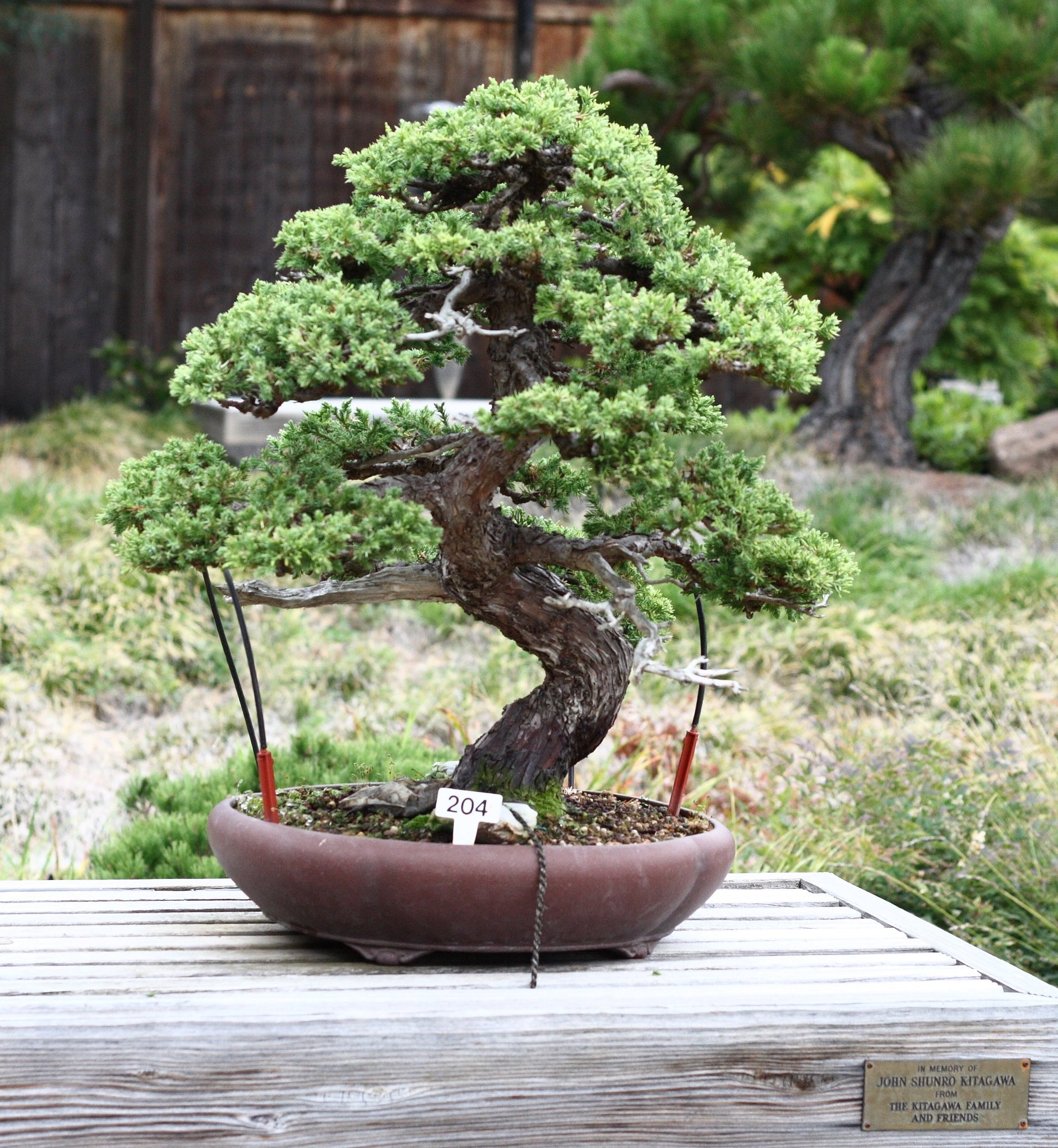
Credit: sequoiatrees.com
Planting Small Junipers
Small juniper plants add charm to gardens with their evergreen foliage. Easy to care for, they thrive in sunny spots. These resilient plants provide year-round beauty and are perfect for small spaces.
Planting small junipers in your garden can be a rewarding experience. These hardy plants bring vibrant greenery and adaptability to various spaces. Whether you’re a seasoned gardener or just starting out, understanding the basics of planting small junipers can help you cultivate a thriving garden. Let’s dive into the essential steps to ensure your junipers flourish.Soil Preparation
Before planting your junipers, focus on preparing the soil. Junipers thrive in well-drained soil, so consider adding sand or gravel to improve drainage. If your soil is heavy clay, amend it with organic matter like compost. This simple step ensures your plants have the best start. Test your soil’s pH. Junipers prefer slightly acidic to neutral soil. If necessary, adjust the pH using lime or sulfur. This helps your plants absorb nutrients effectively. Ensure the planting area receives full sunlight. Junipers need plenty of sun to grow strong and healthy. Choose a spot that isn’t shaded by taller plants or structures.Planting Techniques
Dig a hole twice as wide as the root ball of your juniper. This gives the roots space to spread out and establish. Ensure the hole is not deeper than the root ball itself. Place your juniper in the hole, making sure the top of the root ball is level with the soil surface. This prevents the plant from sitting too deep, which can lead to rot. Water the plant thoroughly after planting. This settles the soil around the roots and helps the plant acclimate to its new environment. Consider using mulch around the base to retain moisture and suppress weeds. Have you ever planted a juniper too deep and watched it struggle? Adjusting the planting depth can make all the difference. Remember, each planting decision impacts the health and growth of your plants.Caring For Your Junipers
Small juniper plants thrive with proper sunlight and well-drained soil. Regular watering keeps them healthy, but avoid over-watering. Pruning is essential to maintain their shape and encourage growth.
Caring for your junipers involves a few essential practices. These hardy plants thrive with proper attention and care. By understanding their basic needs, you can ensure healthy growth. Begin by focusing on watering and pruning. These two aspects are crucial for maintaining vibrant small juniper plants.Watering Guidelines
Junipers need consistent but moderate watering. Overwatering can harm their roots. It’s best to check the soil’s moisture level. If the top inch feels dry, it’s time to water. Use a gentle stream to avoid soil erosion. Water deeply to reach the roots, encouraging strong growth. In dry climates, monitor the soil more frequently. During rainy seasons, reduce watering to prevent waterlogging.Pruning Tips
Pruning helps maintain the shape and health of junipers. Remove dead or diseased branches first. This prevents the spread of pests and diseases. Trim overgrown branches to allow sunlight penetration. Use sharp, clean tools to avoid damaging the plant. Prune in early spring for best results. This timing encourages new growth during the growing season. Avoid cutting too much at once. Small, regular trims are better for the plant’s health.Junipers In Landscape Design
Juniper plants offer versatility in landscape design. Their varied shapes and colors add unique charm to gardens. These hardy plants thrive in different climates, making them a popular choice. Junipers are excellent for creating stunning focal points and complementing other plants.
Creating Focal Points
Small junipers can become eye-catching garden features. Their striking forms draw immediate attention. Place them at strategic spots for maximum visual impact. The vibrant greenery provides a beautiful contrast. Choose junipers with unique shapes or colors for added appeal. They can effortlessly elevate any garden design.
Complementing Other Plants
Junipers enhance the beauty of surrounding flora. Their neutral tones blend well with colorful flowers. They provide a lush background that highlights other plants. Junipers’ evergreen nature adds year-round interest. Pair them with perennials for a balanced garden look. They serve as an elegant backdrop, enhancing overall garden aesthetics.
Common Issues And Solutions
Small juniper plants bring beauty to any garden. But they face some challenges. Understanding common issues helps in maintaining healthy plants. This section covers pest management and disease prevention. These solutions ensure your junipers thrive.
Pest Management
Juniper plants attract pests like spider mites and aphids. These pests damage leaves and affect growth. Regularly inspect your plants for signs of infestation. Look for discolored or wilting leaves. Use insecticidal soap to control pests. Ensure proper application by following instructions. Encourage natural predators like ladybugs. They help keep pest populations down.
Disease Prevention
Diseases such as blight and rust can harm junipers. These diseases cause browning and needle drop. Ensure good air circulation around your plants. This reduces moisture buildup, which fungi love. Water plants at the base to keep foliage dry. Use mulch to prevent soil-borne diseases. Choose disease-resistant varieties for fewer problems. Regular pruning removes infected branches. Dispose of them properly to avoid spreading disease.
Sustainable Gardening With Junipers
Small juniper plants offer a sustainable gardening solution. They require minimal water and thrive in various climates. Their compact size makes them perfect for small spaces and easy maintenance, enhancing any garden with their evergreen beauty.
Sustainable gardening is becoming more important as we look for ways to help the environment. Small juniper plants are excellent for this purpose. They are hardy and require minimal resources. Let’s explore how you can create a sustainable garden using these resilient plants. ###Eco-friendly Practices
Growing small juniper plants can be a step towards a more eco-friendly garden. They thrive in poor soil, reducing the need for fertilizers. This natural hardiness means you use fewer chemicals. As you plan your garden, think about native plant species. Junipers fit well in many local ecosystems, supporting local wildlife. You might notice more butterflies and birds visiting your garden. Consider planting junipers in a way that reduces soil erosion. Their roots help hold the soil together, preventing valuable topsoil from washing away. ###Conserving Water
One of the best things about small juniper plants is their drought tolerance. They require far less water than many other plants. This can significantly cut down your water usage. Have you ever thought about how much water your garden consumes? With junipers, you can maintain a vibrant garden during dry spells. This can help save on your water bill too. Implementing drip irrigation or using rain barrels can further conserve water. These practices ensure that your junipers get the moisture they need without waste. By choosing small juniper plants, you’re not just gardening—you’re making a positive impact. How will you start integrating these sustainable practices into your garden today?Juniper Planting Projects
Small juniper plants offer a perfect touch of greenery for any landscape. These hardy shrubs thrive in various climates and require minimal care. Perfect for adding texture and color, they can be used in gardens or as decorative borders. Their compact size makes them ideal for small spaces.
Juniper Planting Projects Juniper plants are not only resilient but add a touch of evergreen elegance to your garden. Whether you’re a novice or an experienced gardener, junipers offer versatile planting opportunities that suit various landscapes and styles. Dive into these practical juniper planting projects to transform your outdoor space into a lush sanctuary.Diy Garden Ideas
Creating your own juniper garden can be a rewarding venture. Start by selecting small juniper plants that fit well into your space. Consider planting them in a decorative pot or along a pathway to guide your steps. I once crafted a mini juniper garden in a wooden barrel; it became the centerpiece of my patio. Such projects can be simple yet impactful. Think about where you want to see greenery. Junipers can thrive in rocky, sunny spots, making them ideal for rock gardens. Arrange stones around them to enhance their natural beauty. Incorporate different textures and heights to make your garden visually interesting. What unique twist can you add to your garden design? Perhaps a mix of junipers with colorful blooms?Seasonal Planting Projects
Timing is crucial when planting junipers. Spring and fall are ideal seasons for planting, allowing roots to establish before extreme temperatures set in. During spring, pair your junipers with early bloomers like daffodils for a vibrant start to the season. In fall, they can complement the fiery hues of maples. You can plan seasonally by rotating juniper varieties. Some junipers offer stunning winter foliage with vibrant blue or green hues. Consider how these colors can enhance your winter garden. Have you ever thought about how seasonal changes affect your garden’s aesthetics? Planning seasonally ensures your garden remains lively throughout the year.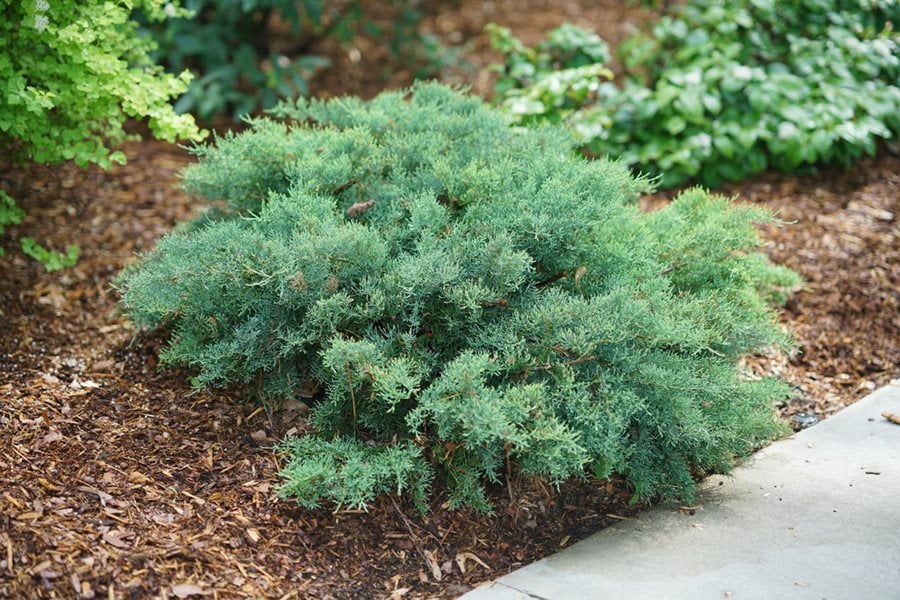
Credit: www.gardendesign.com
:strip_icc()/101626090_preview-9fdea8b045444f419835d3e6bd014b6b.jpg)
Credit: www.bhg.com
Frequently Asked Questions
What Juniper Stays Small?
The Dwarf Japanese Garden Juniper stays small, reaching about 1 to 2 feet in height. It is perfect for small gardens or rockeries, offering attractive foliage. The Blue Star Juniper is another compact choice, growing only 1 to 3 feet tall, ideal for limited spaces.
Is There A Dwarf Juniper?
Yes, there is a dwarf juniper. It is a small, compact shrub ideal for gardens and landscapes. Dwarf junipers offer year-round color, require minimal maintenance, and thrive in various climates. Popular varieties include Blue Star and Nana. They are perfect for rock gardens and container planting.
What Are The Downsides Of Juniper Trees?
Juniper trees can cause allergies due to pollen. They are highly flammable, increasing wildfire risks. Their dense roots may outcompete nearby plants for nutrients. They can attract pests and diseases, affecting surrounding vegetation. Junipers may require regular maintenance due to rapid growth and sprawling branches.
What Is A Low-growing Juniper?
A low-growing juniper is a shrub that spreads horizontally, ideal for ground cover. It thrives in various climates, requires minimal maintenance, and adds evergreen beauty to landscapes. Popular varieties include Blue Rug and Creeping Juniper. These plants enhance soil erosion control and provide year-round greenery.
Conclusion
Small juniper plants offer many benefits for gardens. They enhance beauty and require low maintenance. Perfect for both beginners and experienced gardeners. These plants thrive in various conditions. Dry soils, rocky areas, and even containers. Their versatility makes them a great choice.
Plus, they add year-round greenery. With easy care, they suit busy lifestyles. Junipers also improve garden health by deterring pests. Consider adding small juniper plants to your garden. Enjoy their beauty and simplicity. A great addition to any landscape.
